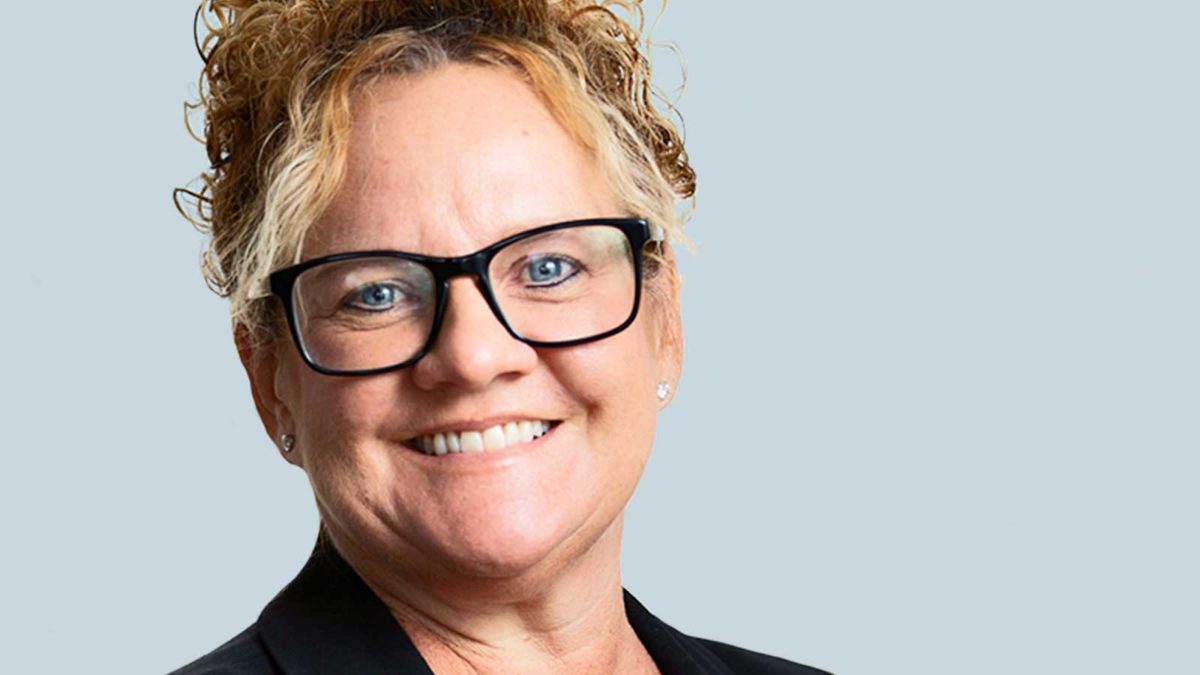Perfect storm for listed infrastructure
Global stimulus and inflationary expectations mean that listed infrastructure is in the recovery hot seat, but Your Future Your Super presents a homegrown challenge for managers.
“We’ve got this perfect storm for listed infrastructure at the moment in the sense that the fundamentals are good and this huge growth thematic is still intact,” according to Sarah Shaw, the chief investment officer of 4D Infrastructure. “It’s been fast-tracked by stimulus programs. And we’re in a low interest rate environment,” she says.
The start of 2020 saw the asset class hammered as investors tried to predict when people would next drive on a toll road. While listed and unlisted infrastructure managers are both looking for monopolistic market positions, earnings that are underpinned by contracts or regulation, and inflation hedges, a listed fund comes with increased in-cycle volatility. That left 4D vulnerable to those massive market movements, but also allowed them to take advantage of mispricing.
“When the equity markets sold off hugely and airports were halved, the unlisted asset revaluers came out and took about five to seven per cent off their valuation,” Shaw says. “They got it right. The equity market didn’t.
That gives us a huge alpha proposition because we can buy them when markets have this disconnect.”
An estimated US$94 trillion (A$124 trillion) in infrastructure capacity is needed globally by 2040, but it’s here that listed and unlisted managers are pursuing different assets. Listed is more willing to take on green- or brownfield assets that require “significant upgrades” before they start generating profit, while unlisted is looking for operational assets to secure returns quickly.
But there’s a scarcity of operational assets, and that’s seen definitions expanded into what 4D would “struggle to consider” as pure-play infrastructure – data centres and logistics parks.
“They’ve got huge amounts of cash waiting for a home, and they’re wanting some infrastructure characteristics, and they’re getting some. But probably not as pure play as we’d like to stay in the listed markets.”
Both listed and unlisted managers are racing to get in on the ground floor of the hundreds of worldwide stimulus programs unleashed in the wake of covid-19. 4D has recently built out its team with the appointment former PwC infrastructure advisory associate director Gaspard Bidot as an investment analyst as it looks to capitalise on those programs.
But while everybody is talking about the President Biden’s infrastructure plan, Shaw sees it as a “pot of gold at the end of the rainbow” – a nice idea that’s nearly impossible to reach.
Republicans have successfully pruned almost US$1 trillion from the initial US$2.9 trillion commitment and are pushing a counter-offer of around US$900 billion, primarily focused on road and bridge construction. But solid renewables opportunities beckon at the state level and overseas – particularly in the EU’s energy transition plan and Brazil’s privatisation of brownfield infrastructure assets.
The sixth round of that program saw the sale of 22 airports for around US$600 million, with one block bought by European infrastructure manager Vinci and two going to Brazilian CCR – both of which 4D owns.
Closer to home, Australia’s own infrastructure plan is “frustrating”, with Shaw noting that one company it owns will spend more than the Morrison Government by 2030. Another Morrison Government initiative that could prove frustrating for Shaw and 4D is the Your Future, Your Super reforms, which passed the Senate on Thursday 18.
“We’d ultimately hope (YFYS) means that listed infrastructure gets an increased viewing and allocation because you’re going to be benchmarked against a listed infrastructure index,” Shaw says. “But there’s been a great deal of pushback by the instos themselves, so we’ll have to see where that lands.”
Founded in 2015, 4D initially looked to the retail space to prove its investment philosophy and create a track record it could take to super funds. But while 4D has been gaining more ground with super funds and consultants, covid-19 has slowed their efforts in the institutional space.
“Part of the problem with instos here and offshore has been the limitations on travel. It’s much better to be sitting face to face with somebody having that conversation then over Zoom,” Shaw says.
“I don’t see anybody allocating millions or hundreds of millions of dollars over a Zoom call. That’s slowed things, but the traction is improving.”











